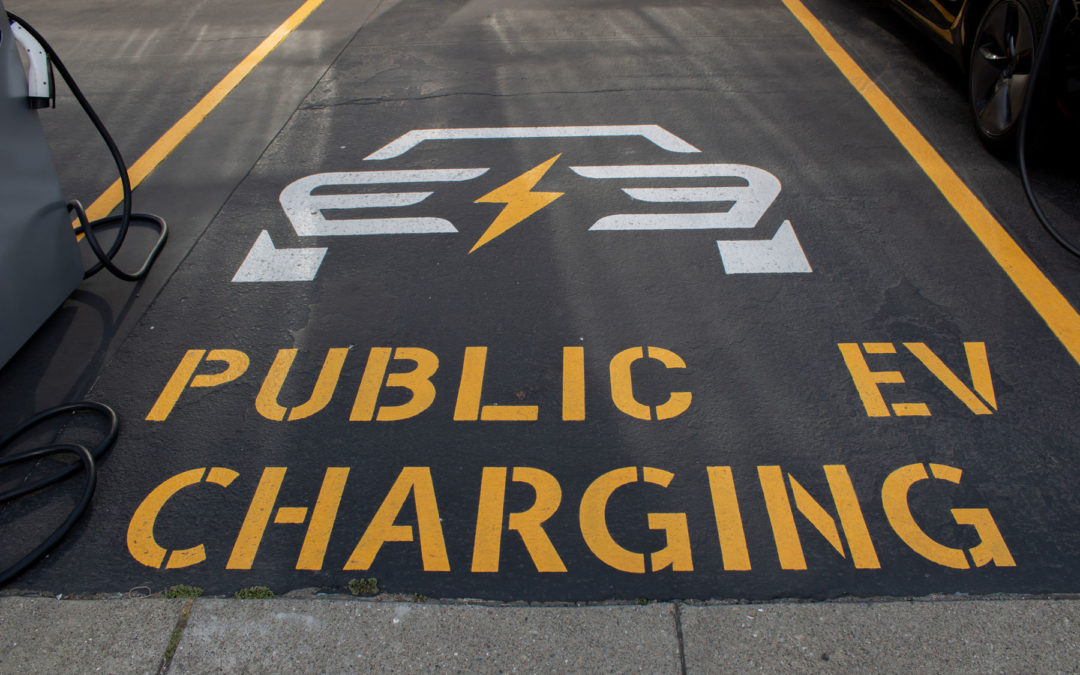On Friday, the House of Representatives passed the $1.2T Infrastructure Investment and Jobs Act – better known as the Federal Infrastructure Package – which will provide billions of dollars for electric vehicles, including:
- $7.5B for a national electric vehicle (EV) charging network
- $2.5B for zero-emission-only school buses
- $2.5B for zero-emission and low-emission school buses
- $6.1B domestic battery manufacturing and recycling, and
- $65B for electric grid upgrades (to support renewable energy development)
Although this list is not comprehensive of everything included in the Bill, Wisconsin can expect to receive $79M over five years to develop an electric vehicle charging network and be eligible to apply for the $2.5B in grant funding dedicated to electric vehicle charging stations.
Considering that a lack of public charging has been the primary barrier to electric vehicle adoption in the U.S. – especially in Wisconsin – the influx of funds for charging stations will likely result in a boon to the EV market.
Looking forward, to avoid stranded assets and ensure the likelihood of use, Wisconsin should consider a strategic deployment of public charging stations. Planning should include modeling that views EV penetration rates and market data, the volume of traffic data, potential station costs per site, and other relevant information, similar to Michigan’s method for developing its Charge Up Michigan program. Doing so will minimize total investment costs of stations – especially for site hosts and other stakeholders – ensure the feasibility of intercity and intracity electric vehicle trips, and contribute to better grid management.
And speaking of investment, don’t forget that Wisconsin’s slated $79M in funding for electric vehicle charging stations could result in a five-fold return on investment, in addition to a $2.60 private investment for every $1 of public dollars spent on transportation electrification measures. In other words, the $79M investment could result in a five-fold return of $395M, with an additional $205,400,000 in private investments. These numbers don’t include the economic benefits of potential jobs created in a vastly expanding transportation electrification sector. Wisconsin may also receive federal monies from domestic battery manufacturing, zero-emission vehicles, the Build Back Better Act, or other federal and state clean energy programs.
This bill is a huge win for Wisconsin, and it will go a long way to advance our clean energy transition. Wisconsin will get the most “bang for its buck” if we are purposeful and precise in our planning.

